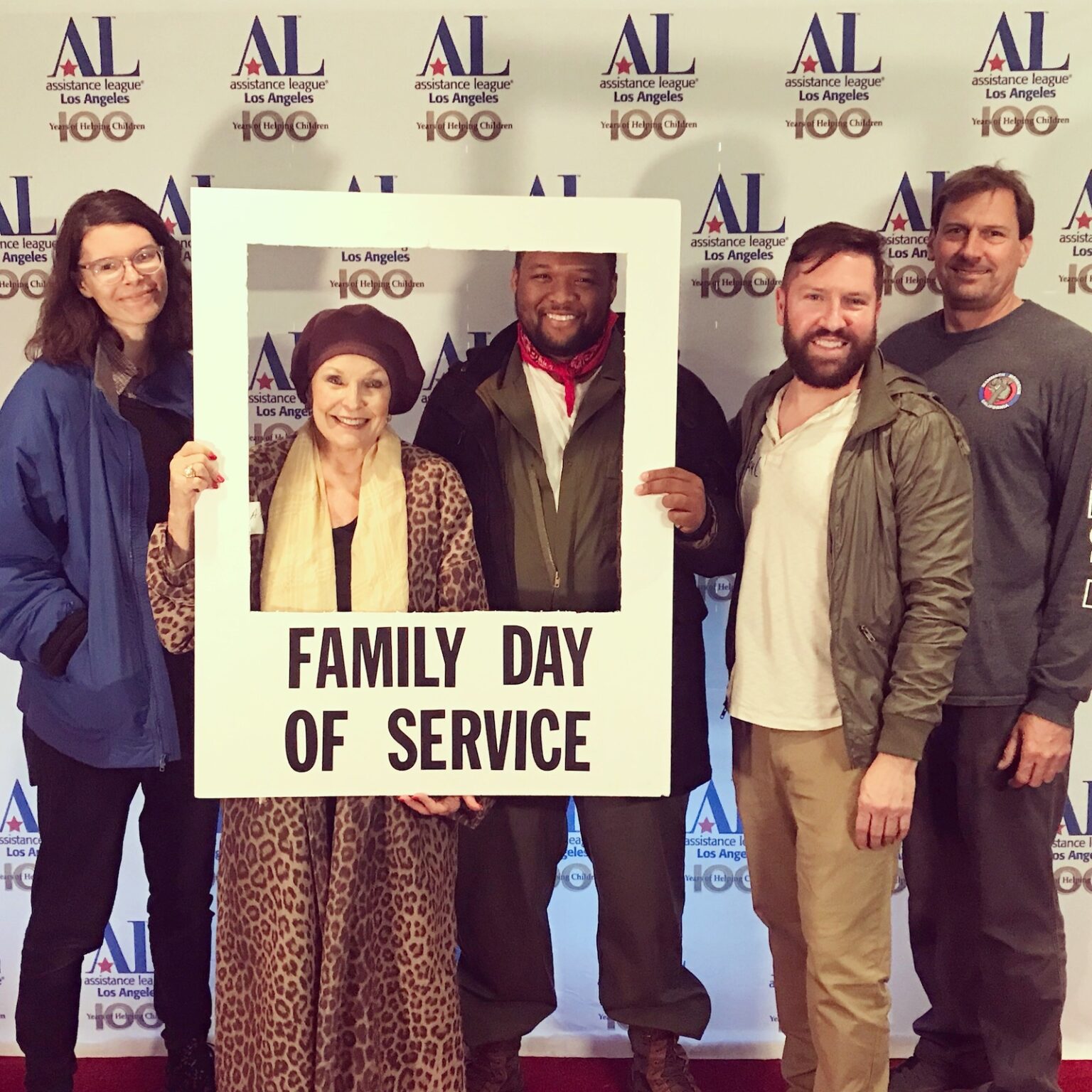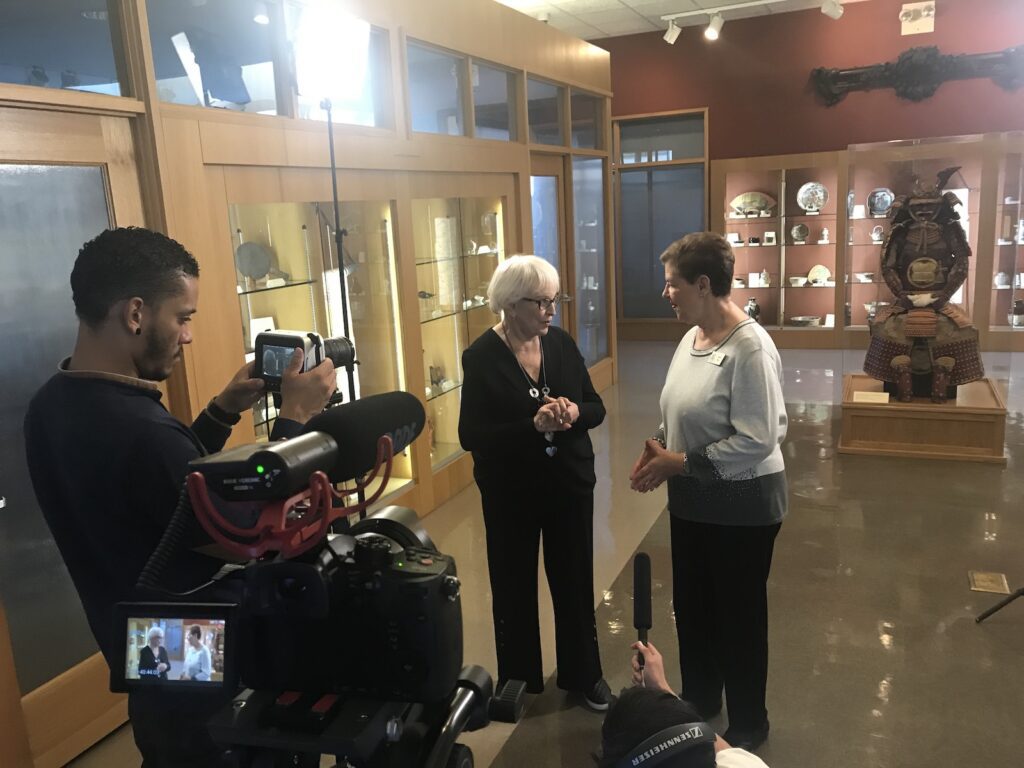
‘A Pebble in the Pond’: Is Paul Howard a director to watch?
Paul Howard teamed up with Ann Benson to bring A Pebble in the Pond to life. Paul Howard has always been interested in entertaining people and in telling stories. His professional career started as an actor when he went to the audition based two-year theatre training program at San Joaquin Delta College. Later he transferred to UC Irvine where he received a BA in Drama.
Paul’s interests in the theatre and in film started much earlier though. Throughout high school, and before that, Paul was constantly writing stories, making films, choreographing routines (some where he danced like Michael Jackson), directing plays, and taking vocal and dance classes. Paul has always been interested in more than just the one character he was cast to play.
The other characters and their motivations, the piece’s themes and message, and the audience’s experience watching have always, and naturally been a part of Paul’s thought-process and consideration. This skill, in recent years, has organically lead Paul to continue to act but to also write and direct more and more projects (which are often self-produced). Just in the last few years he has directed and written numerous short films, music videos, promotional videos/commercials, and political projects.
Here’s what Paul Howard had to say about his experience as a filmmaker and behind the scenes of A Pebble in the Pond.

Paul Howard Q&A
Tell us about your history as a filmmaker. How did you get started?
My origins begin as an actor though for as long as I can remember I’ve been interested in telling stories and entertaining people. When I was in elementary school, my parents would get home from work, and I’d put on shows for them using characters I had hand drawn. I’d work on the “scripts,” create the characters and backdrops, and even hand draw popcorn and coke because they’d have to be able to “buy” things at the concessions stand. (Laughs) My degree from UC Irvine is in Drama, but after years of auditioning in LA, I wanted more, and I wanted more control over the projects I’d be involved with. This started the process that eventually led me to creating A Pebble in the Pond. So not a direct line, but certainly an organic journey!
What was the initial inspiration behind A Pebble in the Pond?
A Pebble in the Pond wouldn’t exist without our documentary-series, Ann Asks. In 2016, Ann Benson and I began working on a short form documentary series whose main purpose was to inspire people and show them all the good happening in the world. When I was first introduced to Operation School Bell, I immediately started thinking about a longer format. Though to be completely honest, I had been moving myself in that direction for a few years. Ann Asks and eventually Assistance League became the means to realize that goal, and I’m so proud that my first feature project is A Pebble in the Pond.
As a storyteller, do you feel a responsibility to use your voice to spread important messages?
I see it less as a responsibility and more as an opportunity. I say that because certainly artists, writers, and filmmakers are allowed to tell irreverent stories. Not everything has to impact the world. I have created things that I’m very proud of which were made to simply make people laugh or entertain them. I will make more of those. For the other side of the coin, the responsibility as you put it, there is certainly great power in creating films or any media for that matter, especially nowadays! Think about all the different streaming services, all the people scrolling on their phones, and this is in addition to the old standards of Cable, Television, Theatre, and Movie Theaters.
For as long as I can remember, I have had a deep empathy and have always been interested in the world’s problems and finding solutions. I don’t see them as unsolvable problems, I see them as mysteries that have yet to be solved. Ancient humans had to solve problems that regarded their survival, water, food, or staying warm. We have a different set of problems, but they too can be solved.
In the last seven or eight years I have been much more engaged in volunteering, speaking out as a survivor of child abuse, and this important part of my life, the life of an activist, has certainly also affected my craft and my artistry. There is great power in what we do, and I don’t take that lightly. I see all of this as an opportunity to inspire people, get them thinking differently, or maybe just reminding them of all the good out there. It is an honor to be in my position and to be trusted with people’s stories. I take that very seriously.
Did you learn anything during production of A Pebble in the Pond that surprised you?
What didn’t I learn that surprised me? (Laughs) I was absolutely surprised by so much, beginning with the fact that Anne Banning is truly a forgotten American Pioneer. I also couldn’t believe the scope of Assistance League, how many years it’s been around, and how so few people, including myself, had never heard of it!
That’s the bonus that I’m excited about with A Pebble in the Pond. We get to entertain people, inspire them, and give them some joy, but we also get to bring some well-deserved attention and recognition to this amazing woman and the amazing nonprofit she founded that is still impacting and changing lives over 125 years later!
You started your career as an actor. Do you feel it’s made you a better filmmaker in the long term?
Absolutely! Especially when it comes to dealing with other actors and understanding their process but also having specific insight into realistic expectations. I notice how much I use this history in acting as a reference point when I’m producing, especially on larger projects/productions that are usually through EZ Productions. It helps in planning but also helps when you’re in the trenches and on set.
It’s invaluable to me. Plus, the big thing you learn/experience in the theatre, which is where I come from as an actor, is that we each have a job to do, and we have to work together, respecting what each of us contributes, to achieve our goals! It’s more than a team, it’s a family when you work so passionately on something for as long as you do in film or in theatre.
What is the biggest thing you want viewers to take away from A Pebble in the Pond?
I want audiences to be reminded of all the good that is out there. All the good that has been happening not only “out there” somewhere in the world but also in their neighborhoods. The good that is being done by their friends, family, and neighbors. I want them to take away that every action, no matter the size, can deeply and profoundly impact our lives and the world at large.
I mostly want audiences to be inspired and to use the film as a leaping board to get involved or get further involved in their communities. Sometimes things can seem so overwhelming, but the irony is that to combat that, we simply need to act. Even small actions will have huge impacts on dissipating that dread, that overwhelming feeling that things are broken or beyond repair. They are not. After watching this film, I hope audiences agree with me!
What has been your greatest professional success?
This film, absolutely! A Pebble in the Pond is my greatest professional success so far, and I’m so proud of the entire team, from animators to camera operators to the post-production team all over the world who passionately helped make this film a reality!
What about a professional setback? What did you learn?
In my industry (the entertainment industry) there are ALWAYS setbacks, delays, disappointments, and challenges. I think the way I learned to cope with that is having multiple things on the stovetop. That way when one is taking too long to boil, you have another to season, or one to stir. It’s my advice to any artist, don’t have everything tied up in one thing. This can also be true in life. Have many interests, hobbies, and things to look forward to, and put them in your path, because inevitably something will disappoint or fall through. This doesn’t mean you won’t still be disappointed in the moment, but it helps a lot to have other things to look forward to or focus on once you recover!
Who are your biggest filmmaking influences?
Oh, good question! Interesting too because I have such a diverse group of influences. If we’re talking about film directors, I absolutely love David Fincher! I also love Alfred Hitchcock (of course), Ang Lee, Tim Burton, the Duffer Brothers, and Christopher Nolan. Though Walt Disney and Fred Rogers are huge influences on how I see the world and the potential for film. Lastly, I’d have to say that Sesame Street had a profound impact on me and showed me at a very young age the power of educating while also entertaining!
Can you tell us about any of your upcoming projects?
I’m developing a couple of projects right now. I’ve done some filming on one, and I’m about to begin filming on another. They are all feature length documentaries and different from A Pebble in the Pond, but I like that. I have many interests, and many things that interest me, so I try to keep things diverse. I do hope to also work with Ann again soon to do another short form documentary film for Ann Asks!
What advice do you have for aspiring filmmakers?
Follow your passion, but be very, very passionate about any project you begin. It can be a long, and sometimes lonely road, so I would say, make sure the thing you are about to embark on is something you can’t imagine not doing! With that said though, there’s no day like today to start something, step by step, just keep taking action…the world needs to hear your stories, so tell them!
Lastly, what is your favorite documentary of all time?
Of all time? Just one? Oh gosh, I don’t think I can pick just one! Instead, I’ll give a few that I think are in a similar vein as A Pebble in the Pond and certainly influenced my film. March of the Penguins, Won’t You Be My Neighbor?, and Crip Camp: A Disability Revolution. Each one a truly amazing film, and I’d say without hesitation, influenced A Pebble in the Pond!



